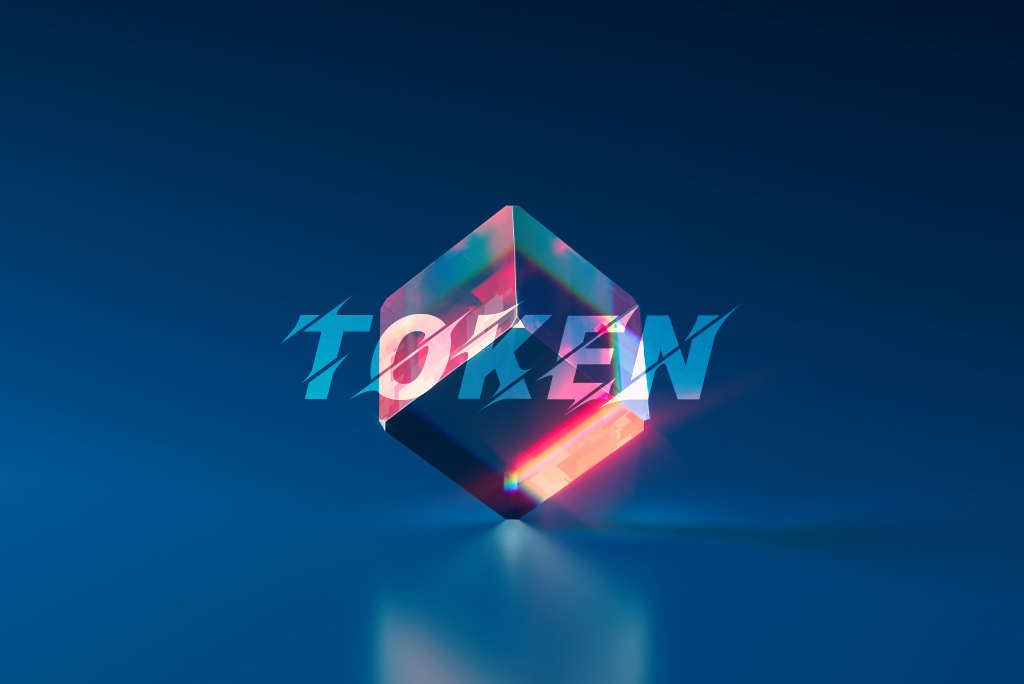
Tokens are anything with economic value. For example, shell before government-backed money, paper money, bonus points in a loyalty program, shares, bonds, stocks and debts.
As for cryptographic tokens, there are four main types.
- Payment tokens:
Such as bitcoin, eth, or stablecoins. Payment tokens are coins. They are mediums of exchange, value store, or account unit. For example, you can use bitcoin or eth as payment options.
- Utility tokens:
Such as gas on ethereum EVM virtual machine to run DApps, the nature is access rights for blockchain-based products.
- Security tokens:
America’s supreme court and securities and exchange commission use the Howey test to determine whether a transaction qualifies as an “investment contract”. The purpose is to determine how certain transactions should be regulated. This type of token gives users ownership rights, and it is equivalent to traditional securities like stocks, bonds, debts, etc. this type requires compliance typically.
- Non-fungible tokens:
NFT represents something unique, and its ownership ties to digital or real-world assets. Two NFTs are not exchangeable directly. The most common NFT token standard is ERC-721 on ethereum.
The token economy is the economics of goods and services with tokenization.

Author: Arulomin 307
Editor: AurCommunity
The opinions expressed in this publication are those of the authors.
They do not purport to reflect the opinions or views of the AURPAY or its members.